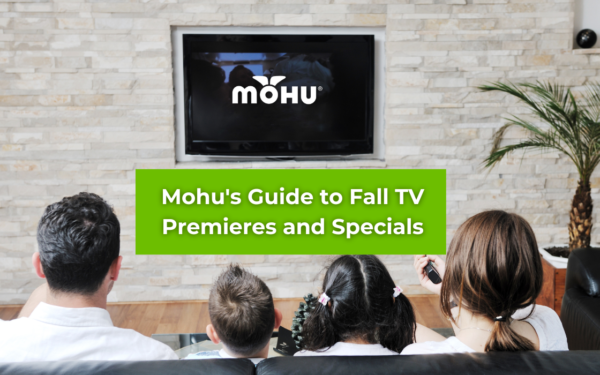Antennas can open up a world of free HDTV for popular networks like ABC, CBS, FOX, and NBC. Now more than ever there is great 100% free content available with an antenna. However, it might take a bit of work to set up your antenna to make sure you can get all the channels you should. Today I want to share five tips for getting the best results from your antenna.
The most important thing you need is patience; it can be a bit of a game moving the antenna to find the right location with the strongest reception. Yet spending an hour setting up your antenna the right way can help you access a huge catalog of programs you would otherwise have to pay for.
1.) Things You Should Avoid
Over-the-air TV reception is a lot like radio reception in that where you put your antenna will affect how well it works. What is located around the antenna can also affect how well it works. Avoid placing your antenna next to metal and electronics.
Metal will block your antenna’s ability to pick up signals. It may seem easy to avoid, but you will be surprised at the many sources of metal in your house. One common, but little known, source of metal is the chimney. Most modern chimneys have a metal lining that kills TV reception. While it may seem convenient to hang your antenna near your chimney, you’ll want to put your antenna as far away from it as possible.
Avoid placing your antenna right behind your TV or around other electronics. It may seem logical to hide your antenna behind your TV, but TVs, game systems, streaming boxes, and other electronics can block over-the-air signals. Some stations will be powerful enough to punch through the interference, but it will make it harder to pick up weaker stations.
If you have one TV that picks up a station well, but another one that can’t pick it up at all, or just gets poor reception, there is probably something blocking the signal from your antenna.
2.) Go High
One of the most important things you should do is to place your antenna as high as possible. The higher your antenna is, the more likely it is to pick up weaker stations and avoid obstacles that block over-the-air TV signals. Even placing the antenna higher within a room may improve its ability to pick up stations.
3.) Get an Amplifier
Amplifiers clean up and boost weak signals, filtering out signals that interfere with reception. Some are small and can even run off the USB on your TV. However, if you are struggling to pick up a station, a bigger amplifier will help greatly.
Most people need an amplifier for their antenna because they live too far from their TV stations, but use a tool like Mohu’s zip code tool or TV Fool to see if you need one in your area.
4.) Get an Amplified Splitter
If you plan on connecting multiple TVs to one antenna, we recommend a powered amplified splitter to make sure the signal stays strong. Each time you split the antenna between TVs you weaken the signal, and an amplified splitter will help ensure each of your TVs get a strong signal.
5.) Not All Antennas Are the Same
There is a difference in performance between an indoor and an outdoor antenna. If you are struggling to get the channels you want with an indoor antenna, consider buying an outdoor antenna for better results.




